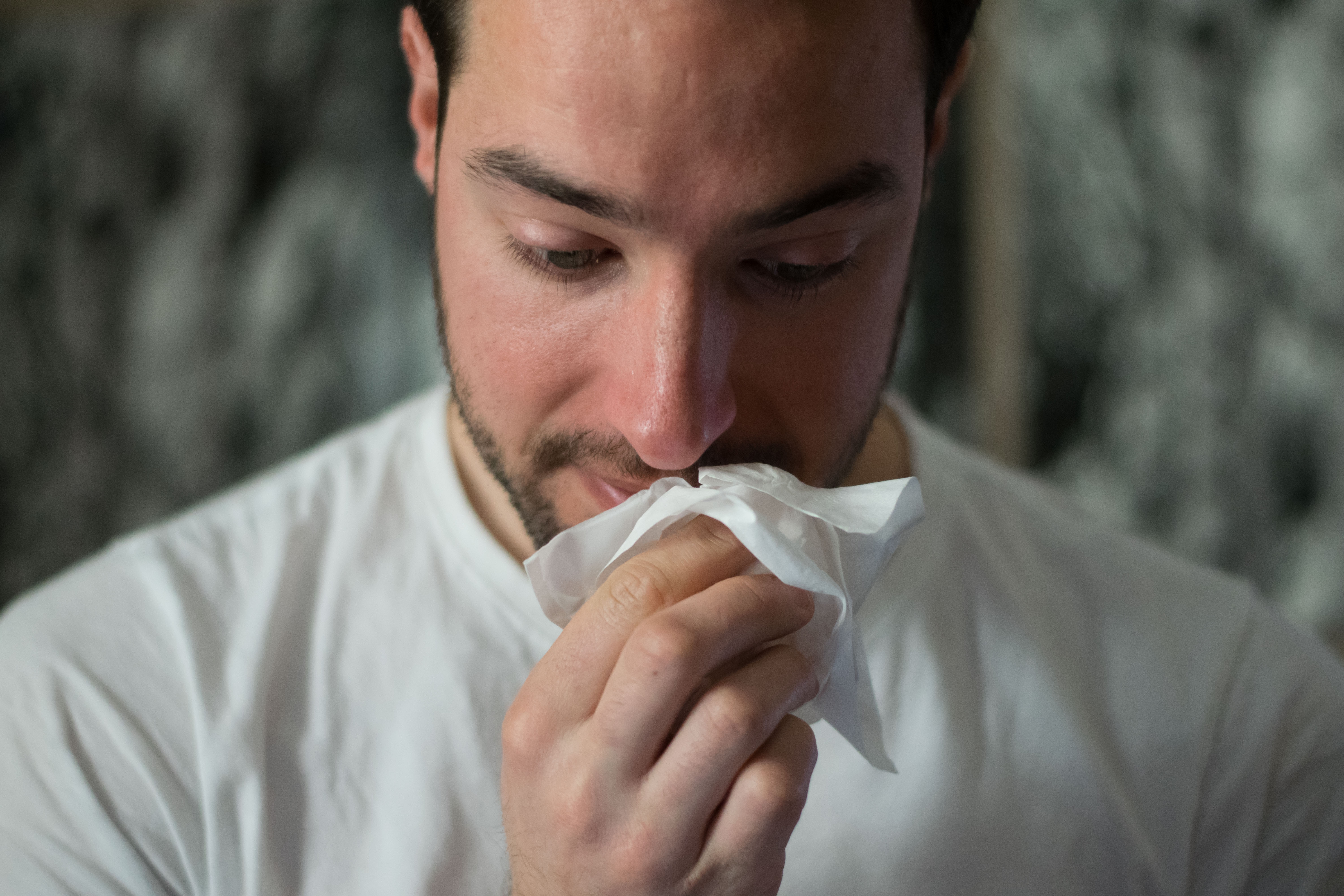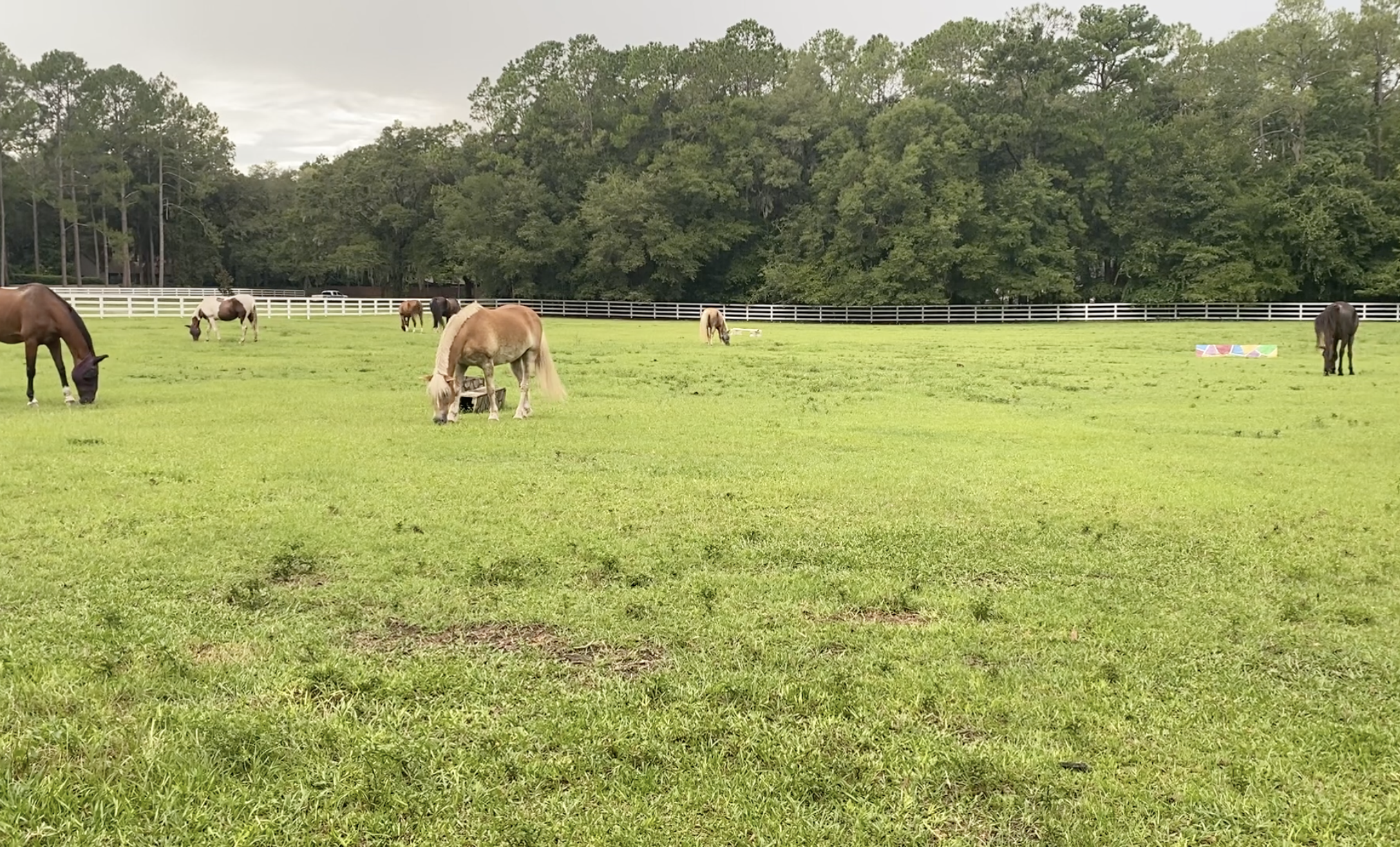Every year, millions of people are affected by seasonal allergies, also known as hay fever or allergic rhinitis. Allergy season can be a trying time for sufferers, causing sneezing, itching, runny nose, and other uncomfortable symptoms. In this comprehensive guide, we'll explore when allergy season occurs, what causes it, where it's most common in the United States, and how to treat and prevent it. Additionally, we'll include a helpful Q&A section to address some of the most popular questions about allergies.
Understanding Allergy Season and Its Causes
Allergy season typically begins in early spring and can last until the fall. The exact timing and duration of allergy season vary depending on the region and the specific allergens present. The main cause of seasonal allergies is the increased presence of pollen in the air. Pollen is a fine powder released by plants as they reproduce, and it is carried through the air to fertilize other plants of the same species.
There are three main types of pollen responsible for seasonal allergies. Tree pollen is predominant in early spring and can cause allergic reactions in many individuals. Common culprits include oak, elm, maple, birch, and cedar trees. Grass pollen levels tend to peak in late spring and early summer, with Bermuda, Kentucky bluegrass, and Timothy grass being some of the species responsible for allergies. In late summer and fall, weed pollen becomes the primary allergen, with ragweed being the most common cause of weed pollen allergies.
Allergy Hotspots in the United States
While seasonal allergies can occur anywhere in the United States, some regions experience higher pollen levels than others. The Southeast and Midwest regions are particularly prone to higher pollen counts due to their humid climates and dense vegetation. Cities like Atlanta, Georgia; Louisville, Kentucky; and Oklahoma City, Oklahoma consistently rank among the worst cities for allergies in the country.
Treating Allergies
When it comes to treating seasonal allergies, there are several options available. Over-the-counter (OTC) medications such as antihistamines, decongestants, and nasal corticosteroids can help relieve allergy symptoms. If OTC medications aren't effective, your healthcare provider may prescribe stronger antihistamines or corticosteroid nasal sprays. For those with severe allergies, allergy shots, also known as immunotherapy, can help reduce sensitivity to allergens by gradually introducing small amounts of the allergen into the body over time. Some individuals find relief from allergies through natural remedies such as saline nasal irrigation, herbal supplements, and acupuncture.
Preventing Allergies
While it may not be possible to completely avoid allergens, there are several steps you can take to minimize your exposure and reduce your symptoms. Staying informed about pollen levels in your area and limiting outdoor activities when levels are high can help. Keeping windows closed and using air conditioning to filter the air inside your home can also reduce exposure to pollen. Showering and changing clothes after spending time outdoors can help remove pollen from your skin and hair. Finally, using a high-efficiency particulate air (HEPA) filter in your home can help reduce allergens in the air.
Q&A Section:
Q: When is allergy season?
A: Allergy season typically starts in early spring and can last through the fall, with exact timing and duration varying depending on the region and specific allergens.
Q: What causes allergy season?
A: The main cause of allergy season is the increased presence of pollen in the air, released by plants as they reproduce.
Q: Where are allergies most common in the United States?
A: Allergies are most common in the Southeast and Midwest regions of the United States, where humid climates and dense vegetation contribute to higher pollen counts.
Q: What are the main types of pollen responsible for seasonal allergies?
A: The three main types of pollen responsible for seasonal allergies are tree pollen (early spring), grass pollen (late spring and early summer), and weed pollen (late summer and fall).
Q: How can seasonal allergies be treated?
A: Seasonal allergies can be treated with over-the-counter medications, prescription medications, allergy shots (immunotherapy), and natural remedies such as saline nasal irrigation and herbal supplements.
Q: How can allergy symptoms be prevented?
A: Allergy symptoms can be prevented by staying informed about pollen levels, limiting outdoor activities during high pollen counts, keeping windows closed and using air conditioning, showering and changing clothes after spending time outdoors, and using a HEPA filter in your home.









